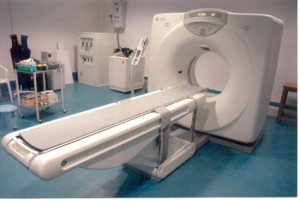We’re a nation on drugs. In 2009, about 3.9 billion prescriptions were filled in the United States. That’s about 40 percent more than in 1999.
Per capita, we average over 12 prescriptions a year.
So it’s a good idea to give some thought to choosing the right pharmacy.
Here are some tips.
Shop around to compare prices, of course. Check their services. Do they have an easy refill system? Do they offer special services, like infusion therapy, medication management, medication compounding, or home delivery?
Most importantly, do you feel comfortable there? Will the pharmacist take time to answer your questions?
It’s best to have one pharmacy fill your prescriptions. That way, they’ll have easy access to your records so they can screen each new prescription, and confer with your doctor for best results.
Pharmacists are a vital part of your healthcare team, and you should choose your partners well.
 About 80 percent of the drugs approved by the U.S. Food & Drug Administration are available in generic form. We can all save money by using them.
About 80 percent of the drugs approved by the U.S. Food & Drug Administration are available in generic form. We can all save money by using them.
So let’s de-mystify generics.
Drug companies spend billions researching, testing and marketing brand name medications. They protect these drugs with patents and trademarks so they can recoup those expenses. But when patents expire, other manufacturers can start making their own versions.
Here’s what’s important to know: The FDA requires that all generic drugs have the same ingredients, work as fast, and work as effectively, as the brand name drugs they replace. They just can’t look, or taste, or smell like the original.
Generics are cheaper because their makers haven’t had to pay billions to develop the original brand name product.
So when you use a generic drug instead of a brand name, you don’t give up anything, except higher prices.

 Do you know your hospital alphabet? What’s the difference between a CT scan and an MRI? Both are invaluable diagnostic tools.
Do you know your hospital alphabet? What’s the difference between a CT scan and an MRI? Both are invaluable diagnostic tools.










